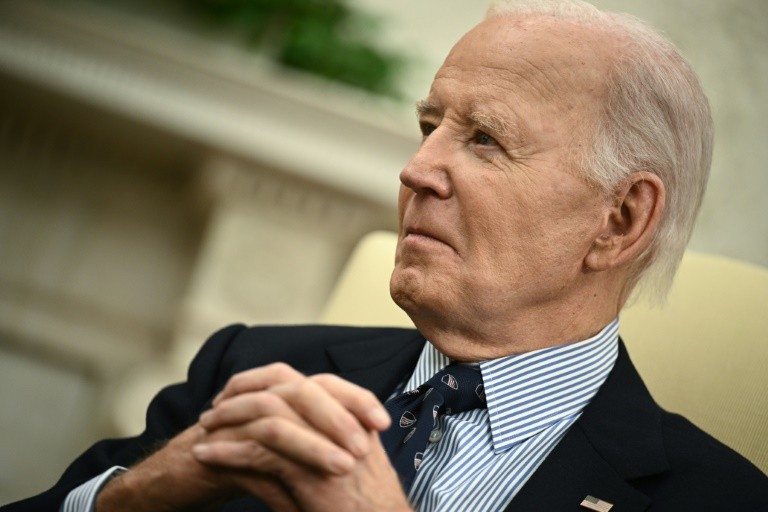
President Joe Biden's administration officials are racing against the clock to distribute billions in grants and implement final measures to safeguard key aspects of the president's legacy before President-elect Donald Trump assumes office in January.
Trump has vowed to roll back unspent funds from Biden's signature climate and health care legislation and halt clean-energy development projects. The Biden administration is also focusing on urging swift Senate approval for judicial nominees to secure long-term influence on the courts.
"There's only one administration at a time," Transportation Secretary Pete Buttigieg told reporters at a news conference Thursday, the Associated Press reported. "That's true now, and it will also be true after January 20th. Our responsibility is to make good use of the funds that Congress has authorized for us and that we're responsible for assigning and disbursing throughout the last three years."
Officials are working to ensure that projects funded under the $1 trillion infrastructure law and $375 billion climate law continue seamlessly beyond Biden's term.
"We are investing in better transportation systems that touch every corner of the country and in the workers who will manufacture materials and build projects,″Buttigieg said. "Communities are going to see safer commutes, cleaner air and stronger supply chains that we all count on.″
Meanwhile, Pentagon press secretary Sabrina Singh said this week that President Biden is determined to "spend down the authority that Congress has allocated and authorized before he leaves office." To meet this goal, the administration must expedite $7.1 billion in weapons transfers — $4.3 billion from the 2024 supplemental budget and $2.8 billion from recalculated savings — ensuring the funds are obligated before President-elect Trump takes office.
The Education Department is also racing to finalize a federal rule to cancel student loans for borrowers facing financial hardship. The proposal, one of Biden's few surviving student loan initiatives, remains in a public comment period until Dec. 2. Afterward, officials will have limited time to implement the rule, a process that typically takes months and is likely to face legal challenges.








